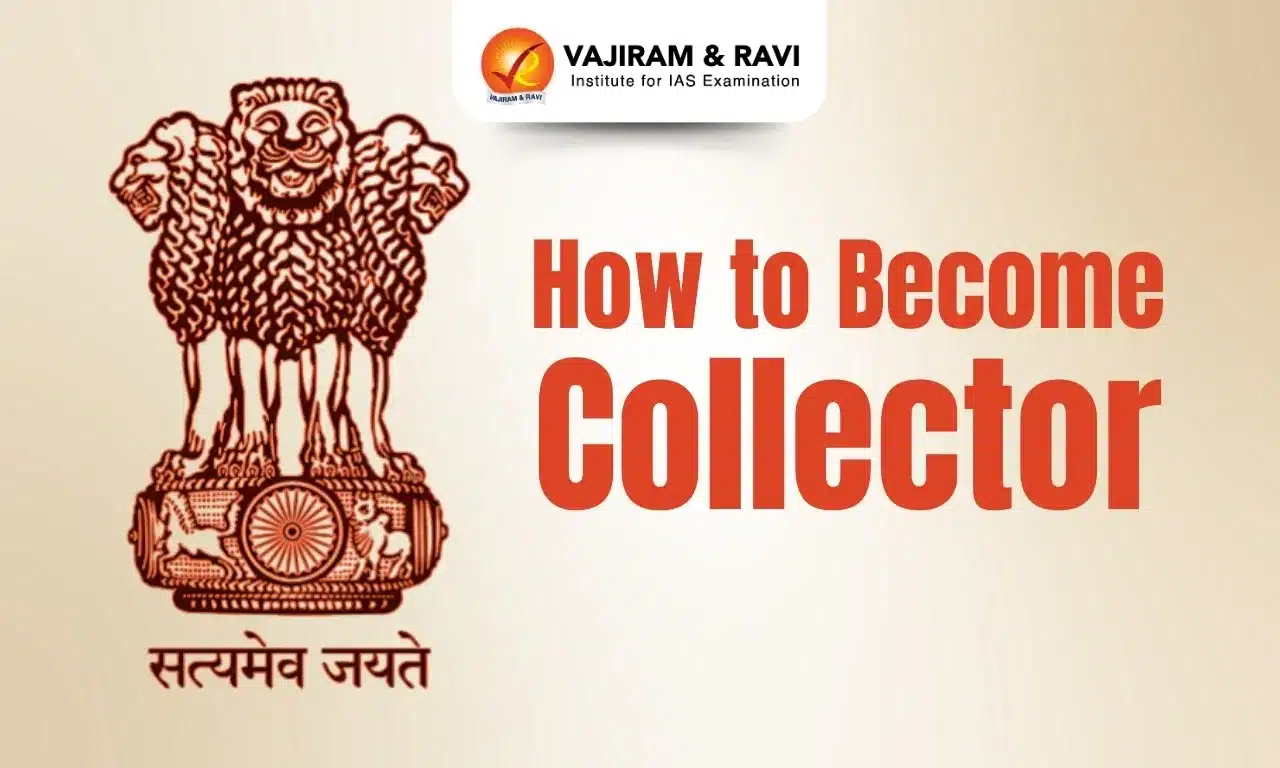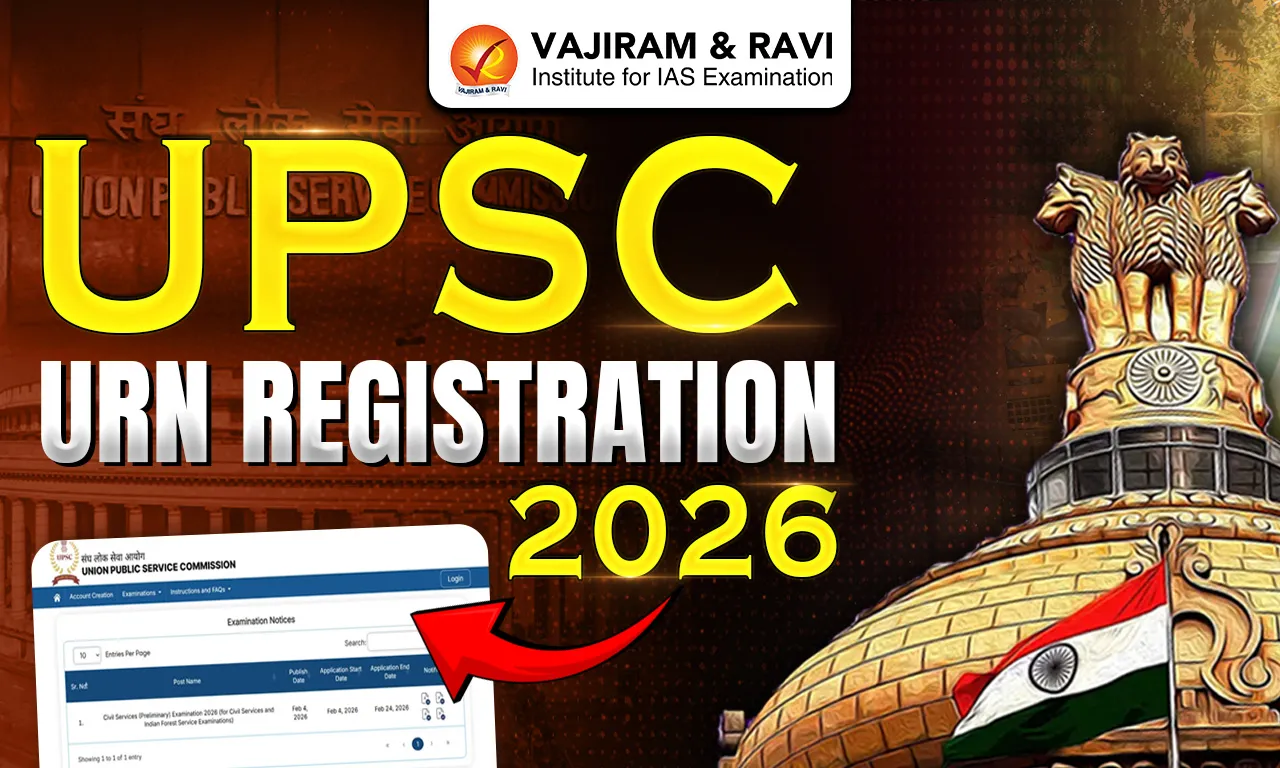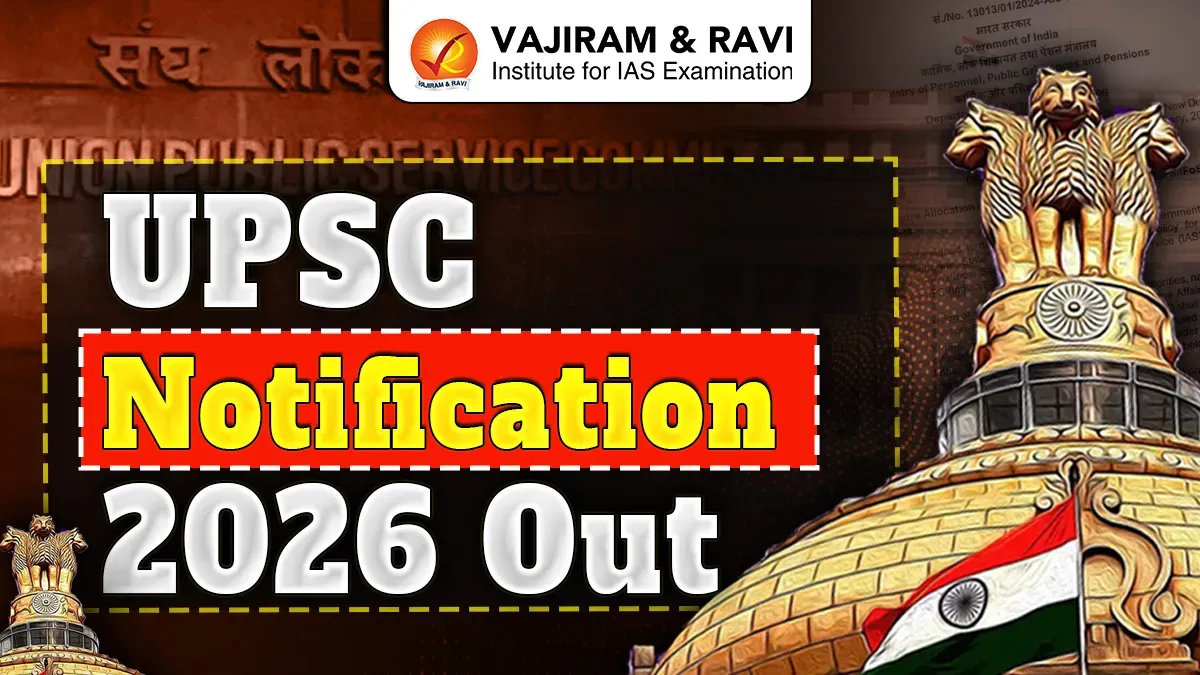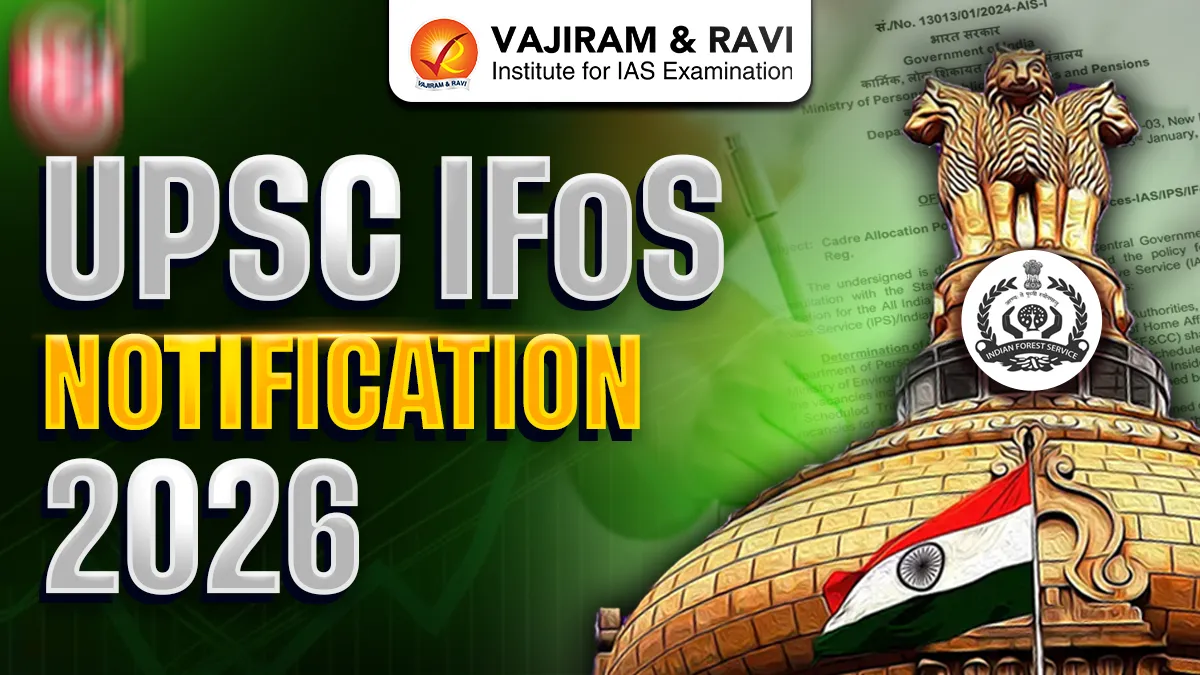Being a Collector also known as District Collector is considered as one of the most esteemed positions in Government. A Collector principally is a Government appointed field officer who acts as Administrator of a district and is responsible for maintenance of the law and order. He/She is appointed to act as a bridge between the Government and citizens.
An interesting job with huge impact on grass root level is what essentially sums up the job description of a Collector.
Who is a District Collector and What Does he Do?
A Collector also known as District Collector or District Magistrate is an Administrative Officer with primary responsibility of maintaining Law and Order in the allotted district. They play a significant role in Development Planning of the District which includes
- Incharge of all administration related functions in the district which includes preparing budgets, spearheading and monitoring implementation of Government Schemes and Policies in a democratic manner.
- Highest Judicial Authority in the District
- Highest officer of Revenue Administration which includes collection of land revenue, income tax dues, irrigation dues and excise dues
- They are the ex officio incharge of Disaster Management, Election conduction and Public Grievance in the District.
How To Become Collector?
Collectors are selected directly through an extensive and rigorous exam conducted by UPSC called UPSC Civil Services Exam or indirectly via certain state Public Service Exams like UKPSC, UPPSC, HPSC, BPSC, MPPSC, OPSC etc. An aspiring candidate can appear in these exams after graduating from a recognized university.
These Exams Majorly comprise of 3 Stages
- Stage 1- Preliminary Examination consisting of multiple choice questions from General Studies and Civil Services Aptitude Test to act as a screening test.
- Stage 2- Mains Examination consisting of certain number of general studies and state specific studies along with language papers. It contains descriptive questions.
- Stage 3- Personality Test which comprising of face to face interview to asses the overall personality of the candidate.
Post qualifying these stages a Merit List is prepared and according to relative preference based on merit the candidate is selected for Administrative Services. After completion of the subsequent training they are appointed in a particular district by the Central Government and are supervised and governed by respective State governments.
Eligibility and Path to Become Collector
It Is essential for aspirants to check and meet the eligibility criteria before starting the preparation for the exam. UPSC CSE Notification 2025 mentions in detail about the Eligibility Criteria for UPSC Civil Services Exam and can be checked out on upsc.gov.in. Notifications on similar lines are also released by respective State Public Service Commisions to conduct their PCS Exams. For a generic reference we are mentioning the Eligibility Criteria for UPSC Civil Services Exam below
Nationality
- Candidate must be Citizen of India
- Citizens of Bhutan, Nepal and Tibet are also permitted time to time to appear for the UPSC CSE
Age Limit
- The minimum age requirement to appear in UPSC Civil Services Exam is 21 years and Maximum age should not exceed 32 year.
- Certain category related relaxation are provided as follows ->
- OBC- 35 Years
- SC/ST- 37 Years
- PwD- 42 years
- (depending on category)
Academic Eligibility
- Candidate must hold a bachelor degree from a recognised university in any subject.
- Final year students are also eligible provided the degree is complete while writing UPSC Mains Exam
Number of Attempts
Number of attempts an individual gets varies based the category they belong.
- General Category- 6 Attempts
- OBC Candidates- 9 Attempts
- SC/ST- Unlimited Attempts
Once an individual has cleared UPSC Civil Services Exam and is allotted IAS, he/She undergoes rigorous training in Lal Bahadur Shastri National Administration Academy and with 3 subsequent promotions and 6 years of work experience gets promoted to becoming a Collector.
Qualified candidates of State Public Services also go on to become Collector but compared to IAS they are required to have more promotions and work experience.
Salary and Perks of a Collector
As per 7th Pay Commission the basic salary of a collector starts from INR 56,100 and can go upto INR 2,50,000 based on designation and years of service. Apart from this basic salary there are a number of other allowances also which a collector is entitled to.
IAS Officer Salary as Per 7th Pay Commision
In the 7th Central Pay Commission, the previous system of ‘Pay Grades for Civil Services’ has been replaced by ‘Consolidated Pay Levels’ in the new pay structure. Under this system, the IAS Officer pay scale is determined solely based on the ‘Basic Pay,’ along with additional allowances like TA (Travel Allowance), DA (Dearness Allowance), and HRA (Housing and Rent Allowance). The uniformity in the initial salary of all IAS officers, which increases with tenure and promotions also serves as a significant attraction to candidates applying for UPSC Civil Services Exam
| Salary Structure of an IAS Officer | ||||
|
Basic Pay (Rs) |
Number of Service year required |
Post in District Administration |
Post in State Secretariat |
Post in Central Secretariat |
|
56100 |
1-4 |
SubDivisional Magistrate |
Undersecretary |
Assistant Secretary |
|
67,000 |
5-8 |
Additional District Magistrate |
Deputy Secretary |
Under Secretary |
|
78,800 |
9-12 |
District Magistrate |
Joint Secretary |
Deputy Secretary |
|
1,18,500 |
13-16 |
District Magistrate |
Special Secretary cum Director |
Director |
|
1,44,200 |
16-24 |
Divisional Commissioner |
Secretary cum Commisioner |
Joint Secretary |
|
1,82,200 |
25-30 |
No equivalent Rank |
Principal Secretary |
Additional Secretary |
|
2,05,400 |
30-33 |
No equivalent Rank |
Additional Cheif Secretary |
No equivalent Rank |
|
2,25,000 |
34-36 |
No equivalent Rank |
Cheif Secretary |
Secretary |
|
2,50,000 |
37+ years |
No equivalent Rank |
No equivalent Rank |
Cabinet Secretary of India |
Perks of A Collector
Besides Basic Salary, there are a number of additional perks and benefits that a Collector is entitled to. Here we have mentioned a comprehensive list of such benefits
- Dearness Allowance (DA)- Considered as one of the best benefits, this component of salary is changed in accordance to inflation on regular intervals.
- House Rent Allowance (HRA)- It varies according to the city IAS Officer is posted in and is given to those IAS officers who haven't used the official housing due to any reason. It can vary from 8% to 24%
- Travel Allowance (TA)- Given to cover relevant travel cost
Other Perks include
- Medical cover for self and immediate family
- Job Security
- Office Vehicle
- Security- In case of threat even STF commandos are deployed to ensure safety of Collector as well as her family
- Subsidized Electricity and Phone Bills etc.
The individuals contemplating How to Become Collector should consider making a well informed decision based on thorough research about job role. The Salary and Perks of a Collector might be an attractive factor in your decision but one needs to remember that civil services offer immense opportunities to serve the nation and bring positive changes in lives of citizens. Thus you should be committed to a life dedicated to public service. Goodluck
Feel Free to contact Vajiram and Ravi to kickstart your UPSC Preparation
| Other Related Posts of UPSC 2025 | |
Last updated on February, 2026
→ UPSC Notification 2026 is now out on the official website at upsconline.nic.in.
→ UPSC IFoS Notification 2026 is now out on the official website at upsconline.nic.in.
→ UPSC Calendar 2026 has been released.
→ Check out the latest UPSC Syllabus 2026 here.
→ Join Vajiram & Ravi’s Interview Guidance Programme for expert help to crack your final UPSC stage.
→ UPSC Mains Result 2025 is now out.
→ UPSC Prelims 2026 will be conducted on 24th May, 2026 & UPSC Mains 2026 will be conducted on 21st August 2026.
→ The UPSC Selection Process is of 3 stages-Prelims, Mains and Interview.
→ Prepare effectively with Vajiram & Ravi’s UPSC Prelims Test Series 2026 featuring full-length mock tests, detailed solutions, and performance analysis.
→ Enroll in Vajiram & Ravi’s UPSC Mains Test Series 2026 for structured answer writing practice, expert evaluation, and exam-oriented feedback.
→ Join Vajiram & Ravi’s Best UPSC Mentorship Program for personalized guidance, strategy planning, and one-to-one support from experienced mentors.
→ UPSC Result 2024 is released with latest UPSC Marksheet 2024. Check Now!
→ UPSC Toppers List 2024 is released now. Shakti Dubey is UPSC AIR 1 2024 Topper.
→ Also check Best UPSC Coaching in India
How To Become Collector FAQs
Q1. Who is Eligible to Become a Collector?+
Q2. How much time does it to Become Collector after clearing UPSC/ State Public Service Exam?+
Q3. Who pays salary to Collector?+
Q4. What is the Starting Salary of an IAS Officer?+
Q5. Is being Collector same as being IAS+


















